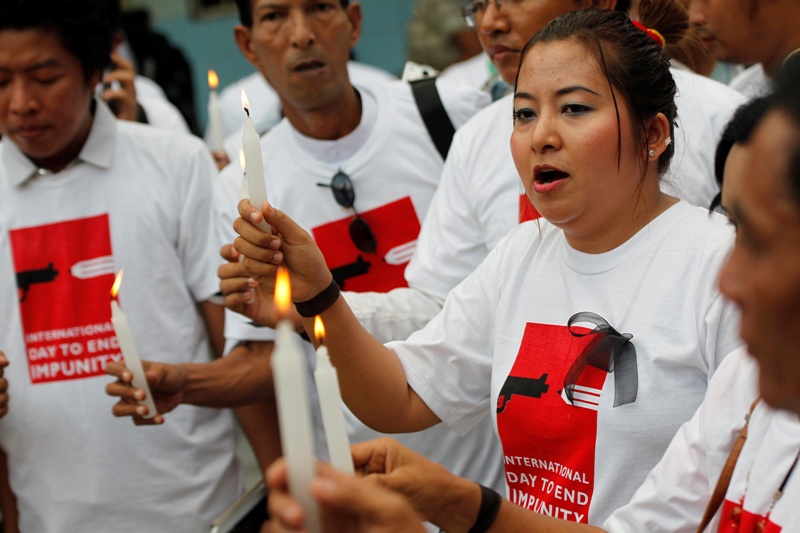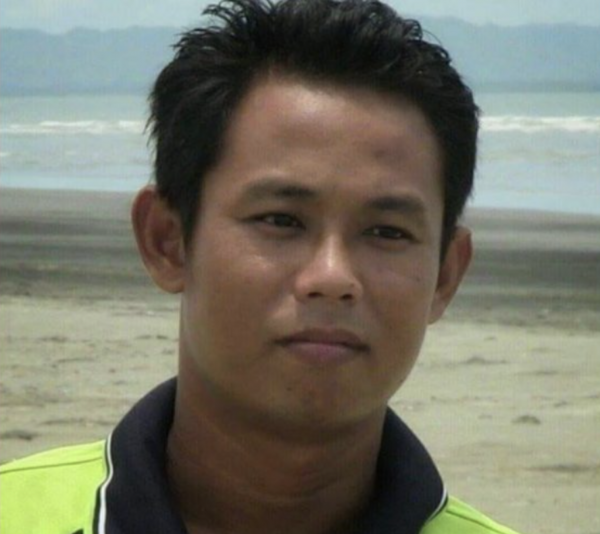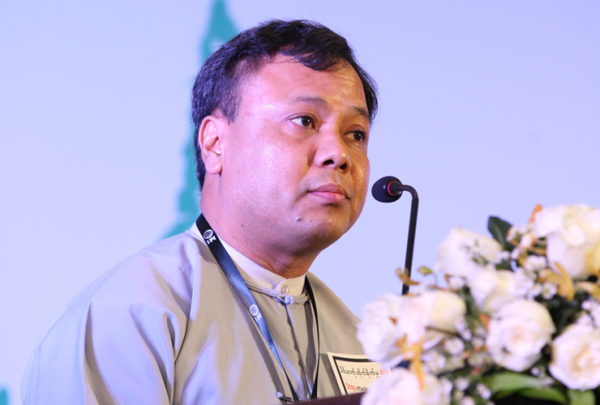A Myanmar court’s decision sentencing two journalists to prison at hard labour for allegedly defaming a military officer shows the need for the country to enact legal reforms to guarantee respect for media freedom, the International Press Institute (IPI) said today.
A court in the southern state of Mon yesterday handed two-month prison sentences to a chief editor with the Myanmar Post, Than Htike Thu, and a deputy chief reporter, San Moe Tun, over a Jan. 29, 2014 article in the newspaper headlined “A military parliamentary representative says they have to take seats in Parliament because of low educational standards”.
The lawmaker featured in the story – Major Thien Zaw, a member of the Mon State Assembly – claimed that he was misquoted and he brought a defamation complaint against the two journalists. However, the complaint did not target the freelance reporter who conducted the interview on which the story was based.
Than Htike Thu and San Moe Tun were charged under Art. 500 of Myanmar’s penal code, a holdover from the country’s British colonial past, which carries a penalty of up two years in prison. Local observers said charges under the law are usually resolved through fines and that yesterday’s sentences marked the first time in more than 100 years that prison time had been given out under the provision – including during Myanmar’s five decades under military rule.
IPI, which will hold its 2015 World Congress and General Assembly in Yangon from March 27 to 29, condemned the prison sentences.
“Combined with the recent reported beatings and detentions of journalists attempting to cover demonstrations, these sentences represent a troubling development,” IPI Director of Advocacy and Communications Steven M. Ellis said. “International human rights bodies have roundly agreed that imprisonment is never an appropriate response to allegations of defamation.”
Ellis noted that IPI was holding its World Congress in Yangon not only to show support for the local journalism community, but to work to ensure that progress the country has made toward greater media freedom since the end of direct military rule in 2011 is not lost.
“It is precisely for this reason that we have invited noted human rights experts, including the U.N. Special Rapporteur for Freedom of Expression, to join Myanmar’s information minister and an MP from the opposition National League for Democracy (NLD) in a discussion with journalists on legal reforms the country should make to create an atmosphere that promotes press freedom, rather than limiting it,” he added.



